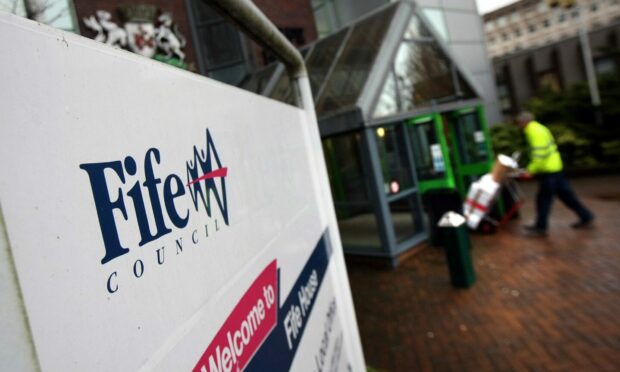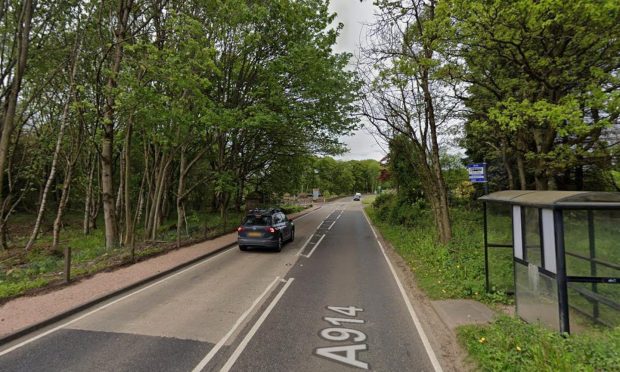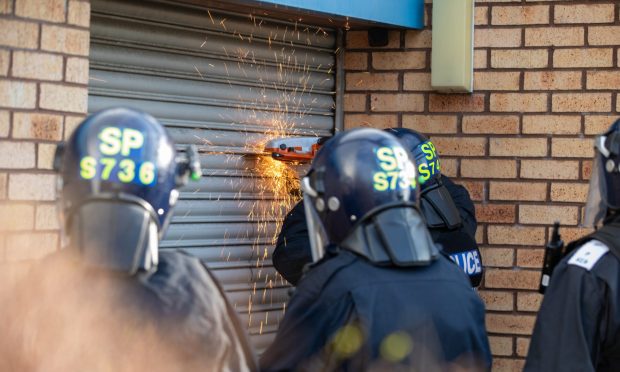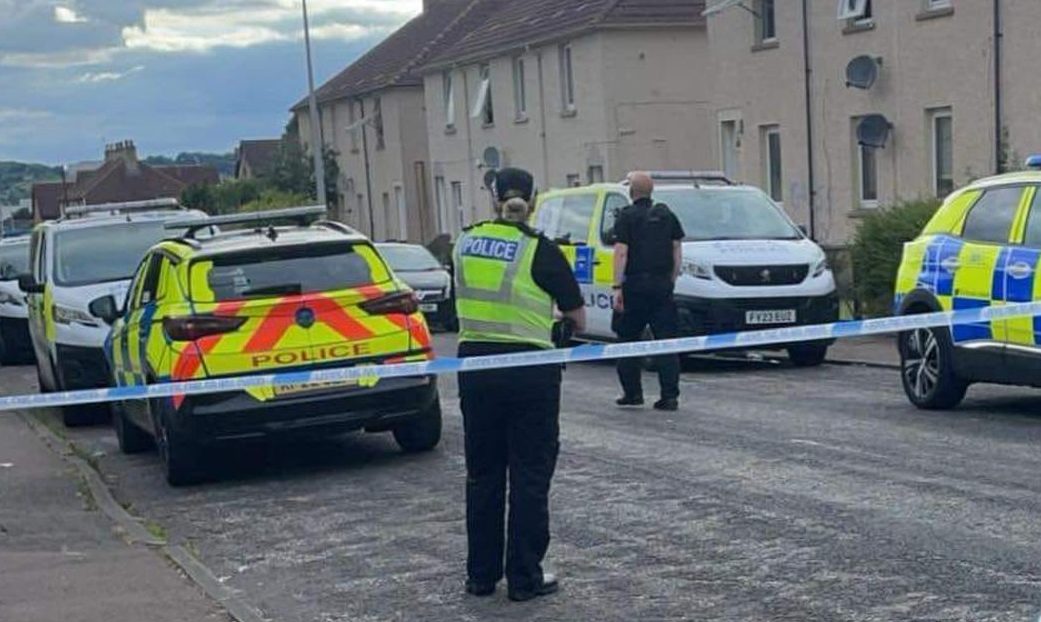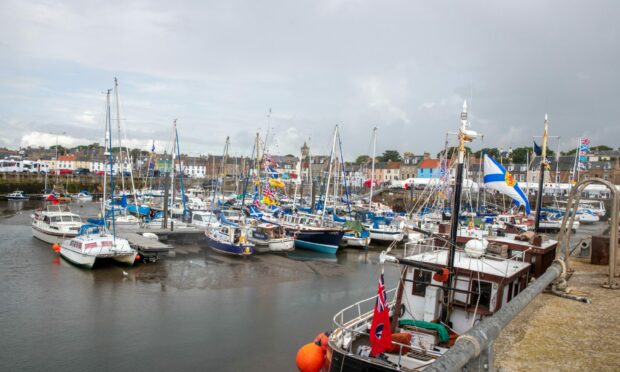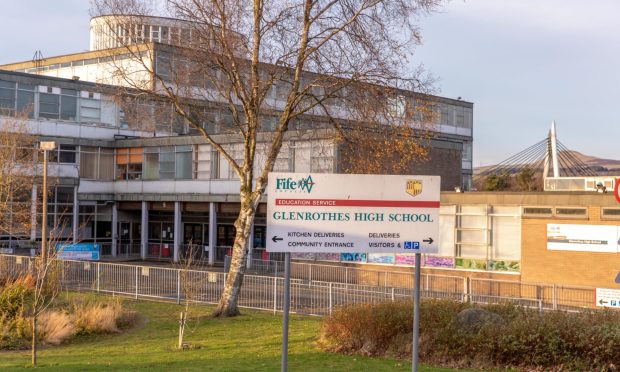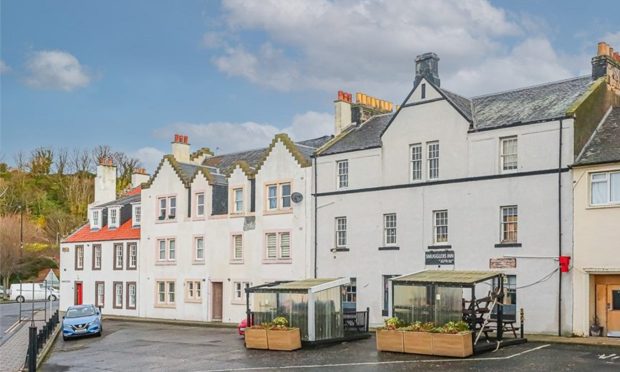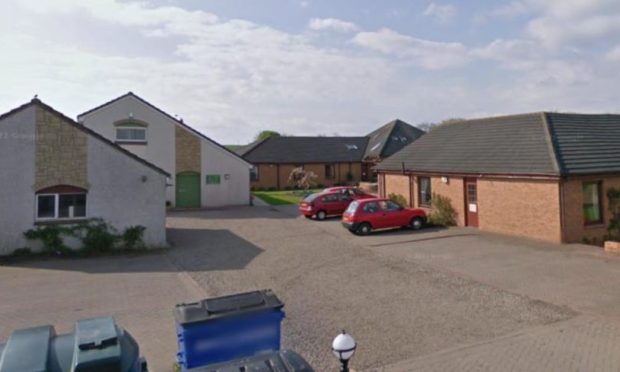Council tax in Fife will go up by 3% come April, if budget proposals by the region’s joint SNP/Labour administration are passed as expected next week.
Elected members will gather on Thursday to set the local authority’s budgets for 2022/23 and councillors will almost certainly take the opportunity afforded to them by the Scottish Government to increase the council tax levy this time around.
A 3% increase would take the average Band D bill to £1,319.22, with the anticipated council tax hike likely to bring in just over £5.2 million.
Other increases likely
Council house rents and charges are also likely to be raised on Thursday, and a 2.5% increase for those – and rents for homelessness temporary accommodation – has been proposed.
The devil will be in the detail, as ever, although a report to councillors by executive director Eileen Rowand suggests there should be little need for any cuts as there is actually a non-recurring budget surplus on the core budget of £3.7 million in 2022/23.
However, the picture for future years is of concern, with Fife Council likely to have to find £16.9 million to plug an expected budget gap by 2023/24 – rising to £29.3 million the following year.
“In setting the budget for 2022/23 it is important that members have regard to the implications of any decisions on future years’ budgets,” she stated.
‘Unprecedented degree of financial uncertainty’
“Whilst the council currently holds a high level of balances, the council also faces an unprecedented degree of financial uncertainty and risk.
“Balances are held to cover one-off shocks or risks and are not a sustainable means of closing the future budget gap.
“A combination of high and rising inflation combined with potential reductions in core funding going forward provides a significant challenge to the future financial sustainability of the council.
“The council’s ability to take decisions to respond to these challenges is limited with the protection of a large part of council resources as a result of policy decisions made by the Scottish Government.
“In recognition of this risk, an updated budget gap for future years will be presented to members later in the financial year, following publication and analysis of Scottish Government’s Medium Term Financial Strategy.”
With that in mind, the SNP/Labour administration is being asked to approve a commitment from balances of £10 million to support necessary transformational change, and £18 million to support increased demographic, pay and pension costs.
The latter is important because while the local government’s pay settlement will be agreed in separate negotiations between COSLA and trade unions, the current policy would lead to an increase of around 2.2% of the overall pay budget.
However, there is little room to manoeuvre, and even a 1% higher-than-expected pay settlement would increase the council’s estimated budget gap by around £5.5 million per year.
The same is true for the core Scottish Government grant which, if reduced by more than 1% than currently assumed, would further increase the council’s budget gap by around £7.5 million a year.
“The overall impact of both a 1% increase in pay beyond that provided for, and a 1% reduction in government grant would increase the budget gap from £29.3m to around £42m in 2024-25,” Ms Rowand confirmed.
“However, there are likely to be some corporate solutions that will assist in mitigating some of this heightened risk.”
All of the key decisions will be taken on Thursday, when all of the council’s political groups will be able to table their own budget propositions.
